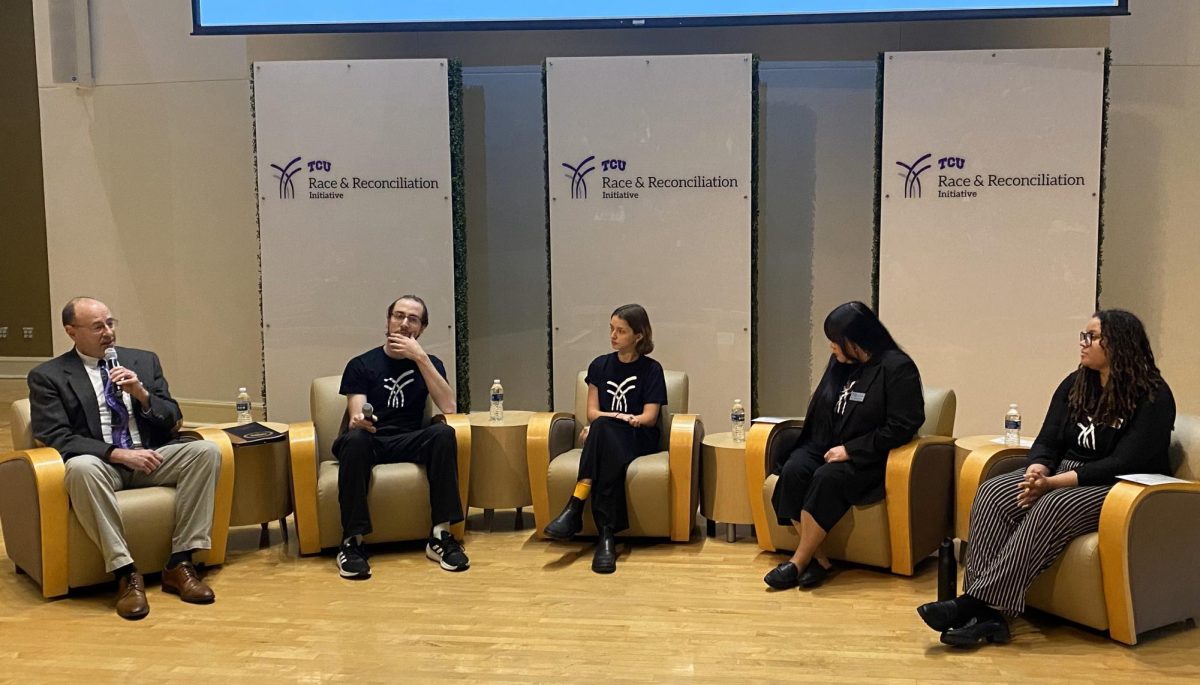The Kinkster’s grassroots campaign is cruising along full speed ahead. With a little luck and, oh, 45,540 signatures, he’ll have just enough steam to generate the results he’s been working so hard to achieve: his name on the ballot for Texas governor. Only after this pesky petition roadblock has been cleared can he focus his efforts on the actual gubernatorial election itself.Kinky Friedman, published satirist, musician, close comrade of Willie Nelson, and, above all, proud Texan, has been traversing the state, flying his independent flag and mustering up support for his campaign. He has accepted the challenge of acquiring thousands of petition signatures just to get his name listed on the ballot for the elections next fall.
Collecting copious amounts of John Hancocks in a very limited time frame is no small feat – and while Friedman seems, for the most part, undaunted, the state law-imposed obstacle course to candidacy still proves a rather formidable nuisance in both practice and principle.
For a signature to count toward Kinky’s petition totals, you can’t have voted in any of the primaries or signed the petition of other independent candidates (for instance, Carole Strayhorn, Kinky’s independent competitor.)
Perhaps I’m simply not well versed in Discouraging State Politics 101, but it seems that the lawmakers behind this complex batch of rules wanted to make getting on the ballot less of an accessible possibility for idealistic independents and more of a burdensome bureaucratic beast. With sharp, pointy teeth.
In fact, Alabama is the only state in which it is more difficult for an independent to get on the ballot. Texas ranks a stolidly close second.
It isn’t just about the 45,540 signatures that Kinky needs to get ballot cred – it’s about all the troublesome technicalities, the vast amount of elbow grease, and fiercely committed volunteers that are seemingly stretched thin by all the tiresome legwork. Although enthusiasm for his efforts doesn’t seem to be waning, the process of attaining and confirming thousands of signatures still seems to me like little more than exhausting busywork.
Indeed his grassroots efforts have proven admirably successful, and he’s got the statewide support to prove it – in both numbers and donated financial support. So certainly the highly significant number of 45,540 can’t be the end-all, be-all determining factor for Kinky’s ballot saga come September.
He has chosen not to join Carole Strayhorn, who is up in arms against the Texas Secretary of State (she’s suing over petition difficulties).
A press release detailed his campaign’s response: “We’ve been studying the state’s election laws for the past year, and although the laws are restrictive, they will probably survive a legal challenge. We believe our time and resources are better spent complying with the law. While we may be affected by the outcome of this litigation, her lawsuit does not affect what we’ve been doing for the last 13 months – building the kind of grassroots organization needed to change the Texas political landscape.”
While it may be in his best interest to avoid legal hang-ups and outcries regarding petitions, I still feel that he and other independents shouldn’t have to put up with the “name game.”
I’m impressed with Kinky’s efforts and commitment to the campaign thus far. It’s proven to be more than just smoking cigars and cracking jokes – he’s working to inspire Texans to transcend their couches and coffee counters to actually take part in choosing their governor. (There’s something admirable to be said for citizens who actually take the time vote in their state’s elections.)
Although actually becoming elected seems to me like a very lofty goal for an independent, he is at least breathing fresh air (except for cigars) into an otherwise stale political climate.
His commitment to educational reform, better health care and environmental concerns all stretch beyond his one-liners and witty campaign slogans. His clever sense of humor and friendly down-home persona certainly are a supplement to his efforts, though.
Keep in mind that the last independent candidate to be elected governor was the distinguished Sam Houston. It doesn’t take more than a quick glance at the cover of a Texas history book to know that Houston was one of the most esteemed governors in the Lone Star state’s history.
That’s not to say that I expect a 67-foot tall statue to be immediately erected in Kinky’s honor (should he be elected), but it is certainly a reminder of the independent spirit and heritage of free thought that Texas is supposed to embrace.
I have faith that Kinky’s signature total will surpass the 45,540 minimum. Despite that, I believe that Kinky and all other contenders for candidacy should not be pinned to such rigid petition constraints simply to be allowed on the ballot.
I can only hope some day in the not-so-distant future, reforms will be made to offer independents a better chance at running the gubernatorial race. Whether they actually garner enough votes to win is another question entirely – but the fact of the matter is that they should at least be allowed to run.
To adopt The Kinkster’s own wry campaign slogan: “Why the hell not?”
Rachel Gollay is a junior radio-TV-film major from Rockwall.





